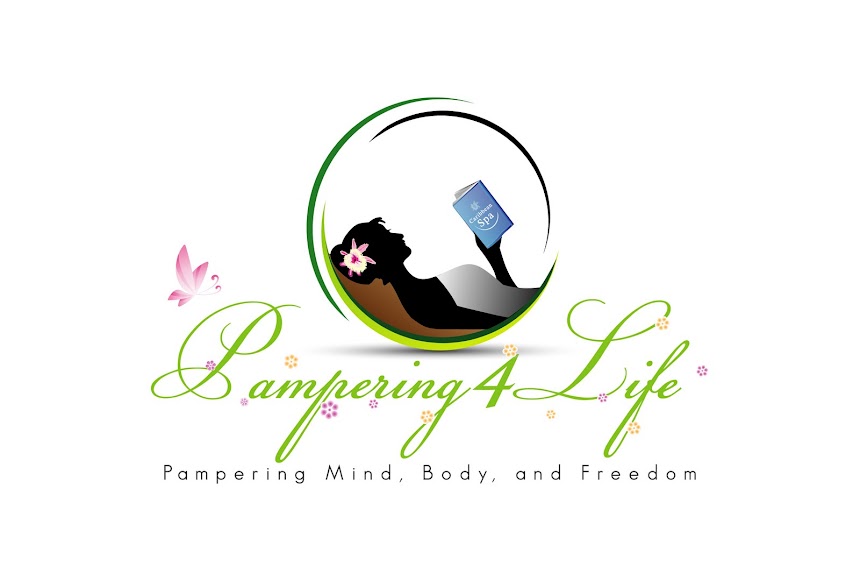 |
| Too Much Sodium =Hypertension |
The first thing that you should be aware of is the fact that sodium is necessary for a healthy person. It serves to keep the fluids balanced correctly in the body and they will also influence the way that the muscles in your body relax and contract. It will work towards transmitting nerve impulses and it can be an important part of the way that we can regulate our moods and our cravings. However, it is necessary to keep in mind the fact that the recommended amount of sodium in your diet per day ranges from 1,500 to 2,400 milligrams; this is much less than what people normally ingest.
There are many problems that are associated with a high sodium diet. The kidneys, for example, are meant to eliminate excess sodium from your body through urination. When the level is too high for this to be entirely effective, it results in the accumulating in the blood and increasing the volume of the blood itself. This in turn leads to more pressure in the veins and the heart is forced to work harder. This all contributes to the fact that with a high sodium diet you are more likely to risk developing heart disease or to have a stroke.
People who already have kidney problems or who already suffer from high blood pressure are going to be much more at risk from this than people who are not. The truth is that no matter who you are having too much salt in your diet is going to be a problem. When you are interested in reducing the amount of salt in your diet, you will find that the best way to start is through reading your food labels. Most food labels out there will tell you how much of it is in the product and it can be a real eye opener.
 |
| Limit Your Consumption Of Sodium |
Dangers/Side Effects of Excess Sodium
Excess sodium intake is linked to: hypertension/high blood pressure and heart disease, fluid retention (edema) and kidney stones. A high-sodium diet increases the need for potassium.Sodium Diet Advice - 10 Recommendations
To help reduce your sodium intake, follow these 10 low-sodium suggestions:- But "lower-sodium" foods in your diet, whenever possible.
- Check sodium-content on food labels: choose lower sodium brands.
- Don't add salt when cooking.
- Go easy when adding salt at the table.
- Reduce intake of salty snacks.
- Reduce intake of fast food.
- Buy fresh cold meats instead of processed varieties.
- Buy lower-sodium breakfast cereals.
- Check canned foods for sodium content. If using foods canned in water, rinse thoroughly before eating.
- Switch from packet-soups to cans, or fresh varieties.
Sodium Diet Advice - Higher Sodium Foods to Avoid
If you need to reduce your sodium-intake, due (eg.) to high blood pressure, please reduce your consumption of these high-sodium foods.- Hogmaws, ribs, and chitterlings.
- Smoked or cured meats like bacon, bologna, hot dogs, ham, corned beef, luncheon meats, and sausage.
- Canned fish like tuna, salmon, sardines, and mackerel. (Rinse before eating).
- Buttermilk - Although buttermilk is high in sodium, 1 percent or skim buttermilk can be used in cooking to replace whole milk or fat.
- Most cheese spreads and cheeses.
- Salty chips, nuts, pretzels, or pork rinds.
- Some cold (ready to eat) cereals highest in sodium, instant hot cereals.
- Quick cooking rice and instant noodles, boxed mixes like rice, scalloped potatoes, macaroni and cheese, and some frozen dinners, pot pies and pizza.
- Regular canned vegetables.
- Pickled foods like herring, pickles, relish, olives, or sauerkraut.
- Regular canned soups, instant soups.
- Butter, fatback, and salt pork.
- Soy sauce, steak sauce, salad dressing, ketchup, barbecue sauce, garlic salt, onion salt, seasoned salts like lemon pepper, bouillon cubes, meat tenderizer, and monosodium glutamate (MSG).

2 comments:
Hi Bunny! Love this blog! I was wondering when you spoke about no pickled food, what about if you make your own pickles? Do you feel that this would be a better alternative and decrease sodium?
Great article and so needed! Too many are still oblivious to how much of it is in our food and damaging too much is. Thank you.
Post a Comment